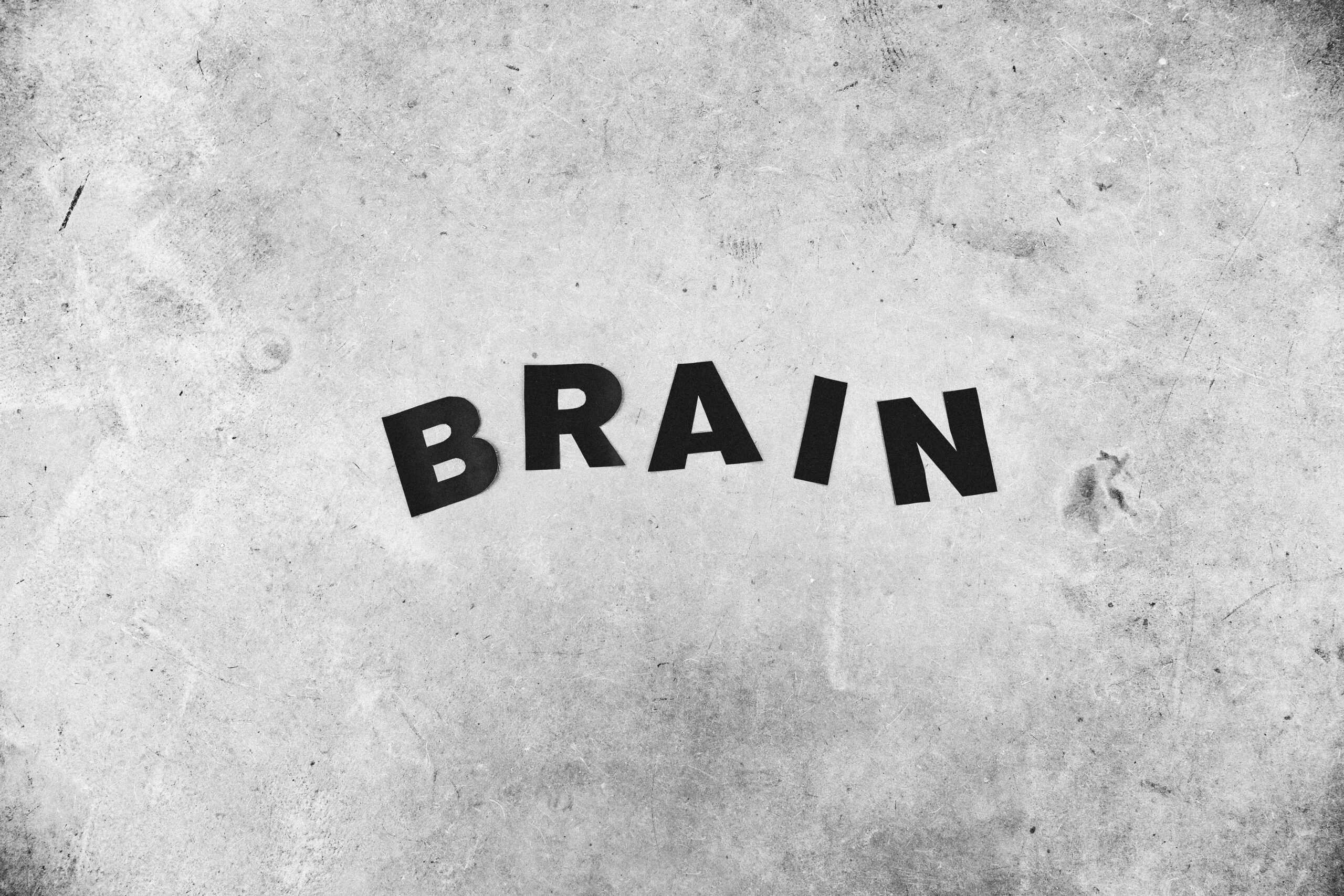Answering this one question can be simple, but understanding the whole concept can be tricky, so today let’s acknowledge the concept of Brain Chemicals in easy language.
The brain contains various chemicals having their own specific functions working in a direction to make the brain work properly. The brain is the powerhouse of the body and the natural chemicals in the brain impact the brain waves, which help the body function. We know these chemicals as neurotransmitters.
Neurotransmitters help in daily functioning of the brain by communicating the signals to the neurons, what to do, how to do, what to feel and how to feel. From a stable mental health to a positive feeling, these chemicals control everything. Failure to which can result in mental health issues, and severe consequences of brain and body.

What does Chemical imbalance theory mean?
Chemical imbalance theory is the medical term used by Professionals to understand the abnormal functioning of brain chemicals leading to mental health conditions. However, the complete theory is much more complicated and exhaustive.
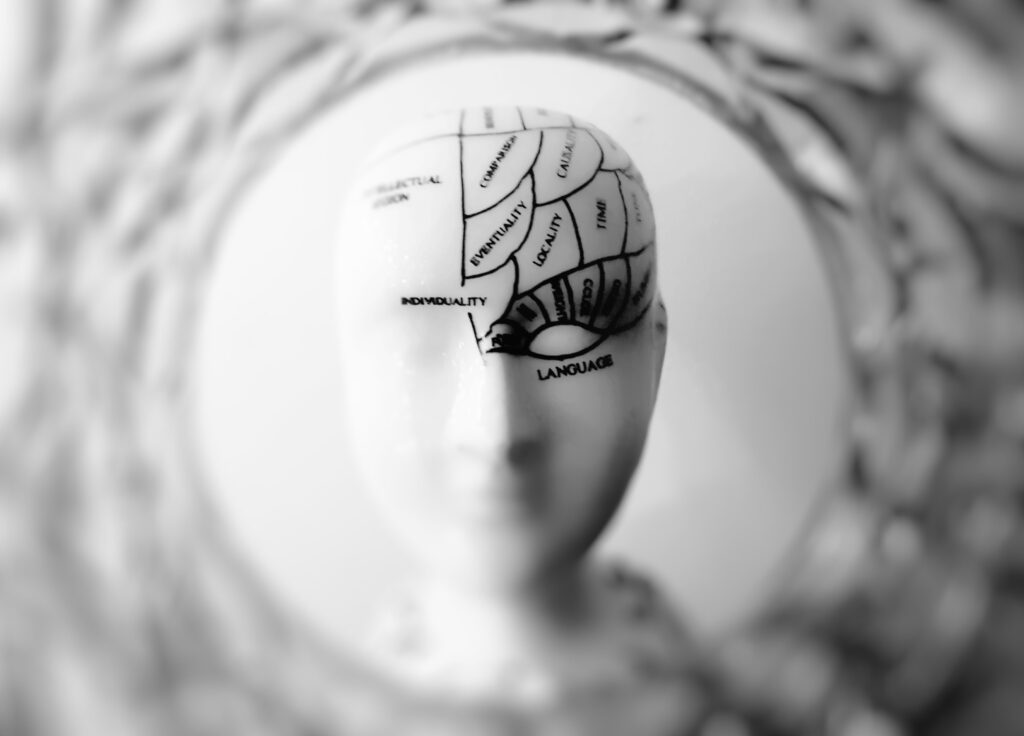
How do these brain chemicals work?
Each brain chemical has its own function and works differently for the brain to derive great benefits. Talking about neurotransmitters, after being synthesized in healthy neurons, it stored the neurotransmitters at the end of the bundle of nerve fibers in one of the brain regions, called the synaptic bulb.
Synaptic bulb has the synaptic vesicles which transports neurotransmitters to come in contact with the nerve cells, and to release brain chemicals through the exocytose process into the brain blood vessels. The nerve cells of the brain are called neurons. These neurons pass messages and signal information to communicate the functioning of different parts of the body to work.
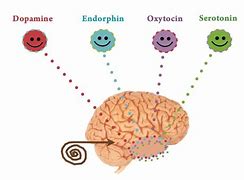
Types of Brain Chemicals and their functions
1. Dopamine
The happy feeling chemical, dopamine being one of the significant brain chemicals is the reason behind the positive and cheerful feeling. This brain chemical controls behavior, emotions, cognition etc, and also communicates with the front part of the brain.
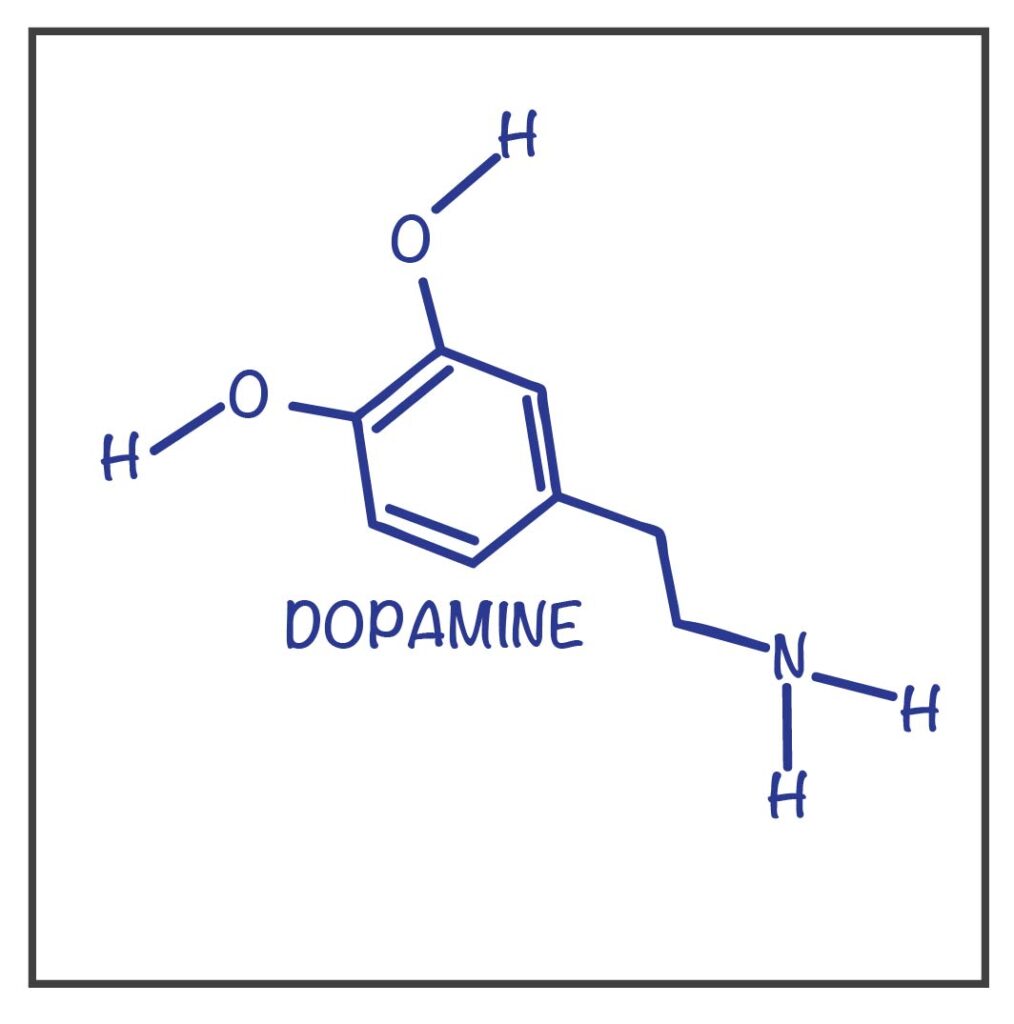
Dopamine, the happy reward chemical level increase when the person is expecting appreciations or rewards for something they have done. Lack of dopamine in the brain can cause an imbalance in brain movements, deficit of memories, lack of ability to feel happy and paranoia personality in some cases.
Dopamine agonists are used to treat low blood pressure, poor coordination, low heart rate and to encourage feelings like happiness, alertness, positivity and balance.
For example, the happiness with which a monkey jump towards the banana to catch it is the effect of dopamine.
2. Serotonin
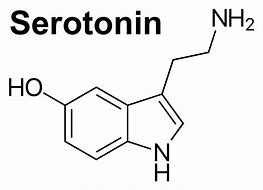
Another happy brain chemical Serotonin which is the mood stabilizer or the leadership hormone. The proud feeling and the sense of accomplishment are the effects of serotonin. It is a monoamine neurotransmitter that synthesizes the serotonergic neurons in the Central Nervous System. The serotonin levels in the CNS enhance mental health as they linked it to the ability to think. Serotonin played an important role in dealing with appetite, mood and arousal.
3. Oxytocin
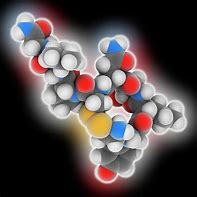
The love hormone or the hugging drug, oxytocin, is the chemical that is released by Braun during physical contact with another person. For example, when you show affection, hug someone, give or get a massage, etc. It is the feeling behind love, trust, friendship. Oxytocin level can increase with positive social interactions like massages, hugs, sharing meals, spending time with loved ones, etc..
4. Acetylcholine
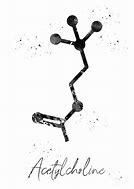
It plays an important role in releasing chemicals in the brain related to memory, arousal, and attention. Lack of this chemical can lead to loss of memory and be critical for the mental health.
5. Endorphins

The Pain reliever chemical endorphins which are released in response to pain. Some of the ways to increase endorphin level in the brain are cold showers, regular exercise, laughter therapy, music, art, yoga, dance, meditation, etc. A joyful feeling can reduce pain, and the same is the effect of endorphins.
6. GABA

Gamma-amino butyric acid is an inhibitory neurotransmitter whose primary function is to control neuron excitability in the CNS. Lack of this chemical can be the reason behind conditions like Parkinson’s disease or epilepsy or even to autism spectrum disorder, where an individual will show a lack of interest in social interactions.
The bottom line, brain chemicals are the essential chemicals in the brain cell controlling the entire system of the mind and body and is important to live a healthy, stress-free and joyful life.
Get in touch with Dt Suman http://Contact Us – Dt Suman
Checkout other blogs http://Intermittent Fasting – Dt Suman

